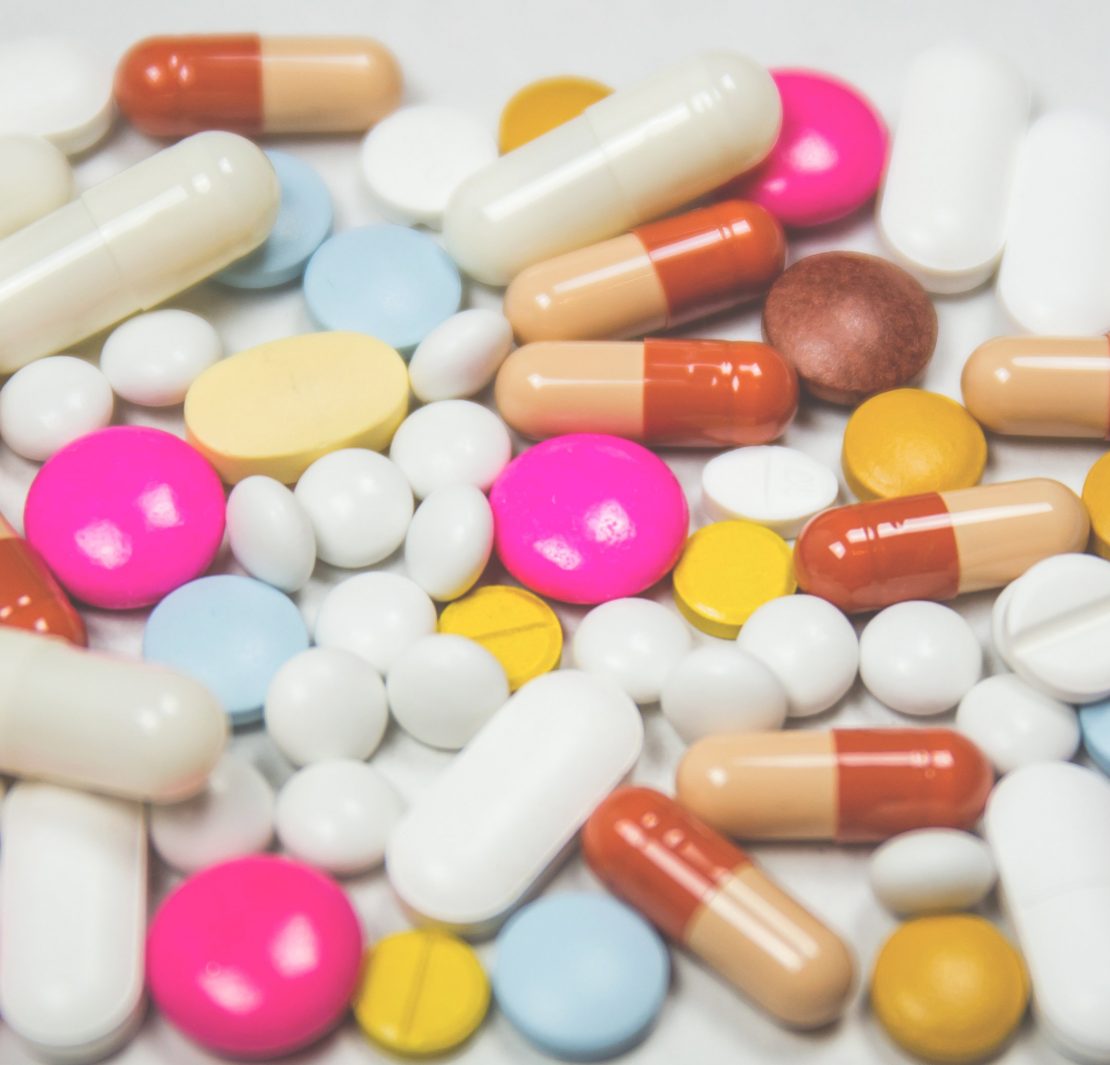The use of dietary supplements has been a long-standing practice, dating back to the Sumerians with their use of medicinal plants like opium, poppy, thyme, and licorice. Fast forward to the ’90s, and aside from dietary supplements that include essential nutrients like vitamins and minerals, the category expanded with ginseng, fish oils, enzymes, and more. To date, supplements are no longer just in pill form but are also offered in powder and have taken on unique flavors like orange creamsicle or strawberry cheesecake. Those in sports or are taking post-workout supplements would be more familiar with these tasty protein powders.
Currently, with more people going back to the rawness of nature, some companies are working with plant-derived, organic, and non-synthetic ingredients, and incorporate these in their supplements. The benefits have also expanded, on top of their energy-boosting and muscle growth capabilities. One that has stood out and has been gaining a following especially among women is the de-bloating powder.
Some of these natural supplements that claim to relax the stomach and aid in digestion are packed with ginger, peppermint, cinnamon, and turmeric, and they can be added to milk, smoothies, or yogurt bowls—perfect for busy days when there is not enough time to eat a proper breakfast. Unlike multivitamins, an organic, anti-inflammatory, de-bloating supplement can be consumed as needed and at any time of the day, such as after an office lunch meeting or after that nighttime cycling class. These kinds of supplements may soon replace beauty creams as more young women start focusing on inner health.
Yet in the age of social media over-sharing, the power of this de-bloating powder and other magical and natural supplements addresses not just the overall health of the millennial woman but her concern for exterior aesthetic as well. After all, who wants to take a selfie when you look bloated?
Writer: BEVERLY DALTON




